Last Updated on July 30, 2021
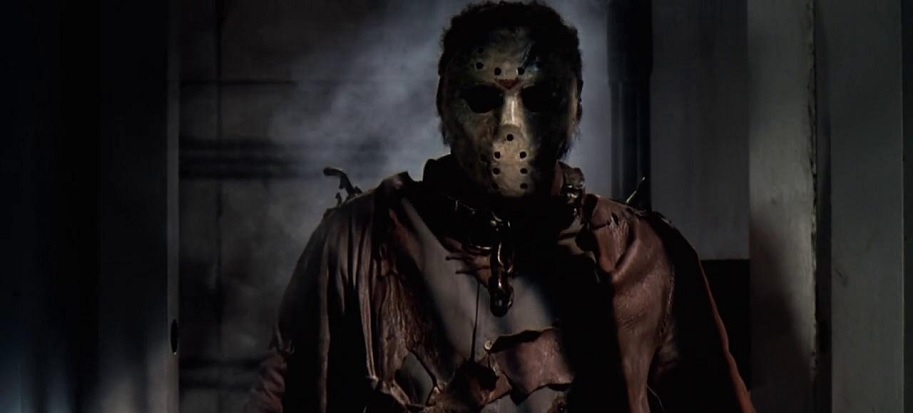
We all thought original FRIDAY THE 13TH screenwriter Victor Miller and producer/director Sean S. Cunningham were getting close to a settlement in their court battle over the copyright to the 1980 film, but apparently that's not the case. Although a judge officially awarded the copyright to Miller a while back, Cunningham's company Horror Inc. has filed an appeal hoping to get that decision reversed.
It may not seem like a big deal that Miller would hold the copyright to the first FRIDAY THE 13TH in the United States, but the situation gets very complicated when you start to wonder what that means for the rest of the franchise. If Miller owns young, drowning Jason, does he have a say on what can be done with adult, homicidal Jason? Does he own the setting of Crystal Lake? What's his cut of the profits when sequels based on characters he created are released? Or when there's merchandise inspired by those characters? You can see why Horror Inc. hopes they won't have to deal with Miller at all.
FRIDAY THE 13TH PART III cast member Larry Zerner is now an entertainment lawyer, and thankfully he has been guiding fans through this whole process, translating the legal speak so we can understand exactly what's going on. Now that an appeal has been filed, Zerner has broken it down to let us know what he thinks of the argument it makes… and has brought us the sad truth that this court battle could keep the FRIDAY THE 13TH franchise on ice for another two years.
If you'd like to read the appeal for yourself, you can do so at THIS LINK. Here's Zerner's read on it:
If you remember, Sean Cunningham (Producer/Director of F13) sued Victor Miller (screenwriter of F13), after Miller sent a notice of termination of the screenplay agreement. This termination is allowed by the Copyright Act, 35 years after the initial transfer of the copyright. In a nutshell, Miller won because the trial court ruled that Miller was an independent contractor when he wrote the script, not Sean's employee. On appeal, Sean is trying to convince the 2nd Circuit that Miller was an employee. To that end, the words "employ," "employment," "employee," and "employer" are mentioned in the brief a total of 236 times. They really want the judges to think that Miller was an employee.
Sean's main argument is that Miller was a member of the WGA, and that fact alone should be enough to convince the court that Miller was Sean's employee, because only employees belong to labor unions. The trial court did not buy this argument, ruling that an "employee" under labor law is not the same as an "employee" under copyright law. Sean's hope is that the appellate court sees things differently.
Sean's lawyers state that horrible things will happen if the court rules that not all WGA members are considered "employees," including this remarkable statement: "If upheld, the district court's decision threatens to undermine both the ability of screenwriters to collectively bargain and the expectations of employers that have engaged in collective bargaining for nearly a century, almost certainly leading employers to challenge whether the WGA can continue to organize and collectively bargain on behalf of screenwriters. In fact, such a finding will beg the question: are all employees who work on films actually independent contractors? If so, the district court's decision may inadvertently set the stage for the decertification of all unions governing the film industry, which is one of the largest unionized private sector industries in the United States."
To paraphrase Hamlet, "Methinks he doth protest too much." It hardly seems to follow that if the court rules that Miller was not Sean's employee, then it will lead to the decertifying of all labor unions, but a lawyer's gonna lawyer, you know. The arguments that Sean's lawyers make are actually very dangerous for screenwriters because a ruling in his favor would mean that almost no contract made under the WGA could ever be terminated under the Copyright Act. This hardly seems the intent of Congress. And what about the situation where a non-WGA member writes a spec script entirely on her own, and then sells the script to a studio under a WGA agreement. Is Sean serious arguing that the writer should be considered to be an employee? Despite the fact that the writer wrote the script entirely on their own with no input or assistance from anyone else, and without any guarantee of payment at all? Apparently, he is. This would actually be a very bad decision for screenwriters. I sincerely hope that the @WGAWest will file an amicus brief on Miller's behalf.
In terms of a timeline going forward, Miller's brief is required to be filed within 30 days (although that could get extended another 30 days) and Sean's reply brief would be filed 21 days after that. Oral arguments will probably be around January 2020. A decision would probably be around May 2020. If the losing side then appealed to the Supreme Court, the decision to take the case would probably be October 2020. If SCOTUS doesn't take it, it's over. If they do, then probably no decision until June 2021.
Again, it is still possible that something will happen that will get the parties to settle, but unfortunately, this fight is continuing for now. Very sad for F13 fans.
It's really a shame that this whole mess is continuing, and could continue for another two years. We've already endured the longest wait between FRIDAY THE 13TH movies in the history of the franchise, and we're going to be waiting longer. The focus right now should be getting a new sequel into theatres next year, which will be the 40th anniversary of the first film. But it's not going to happen. This lawsuit stopped the awesome Friday the 13th game in its tracks, and it's going to keep the film franchise dormant for the foreseeable future.









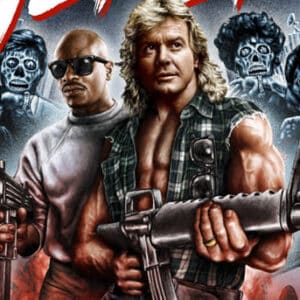
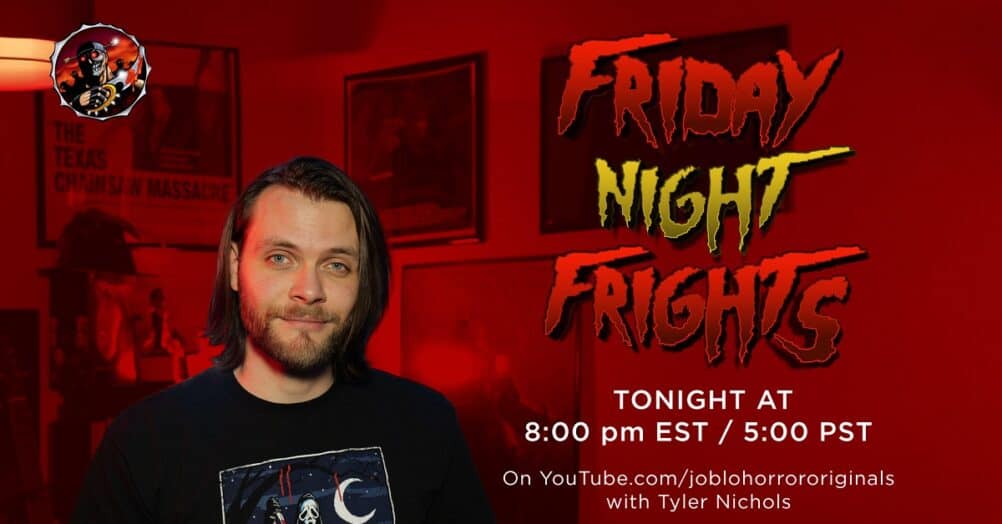
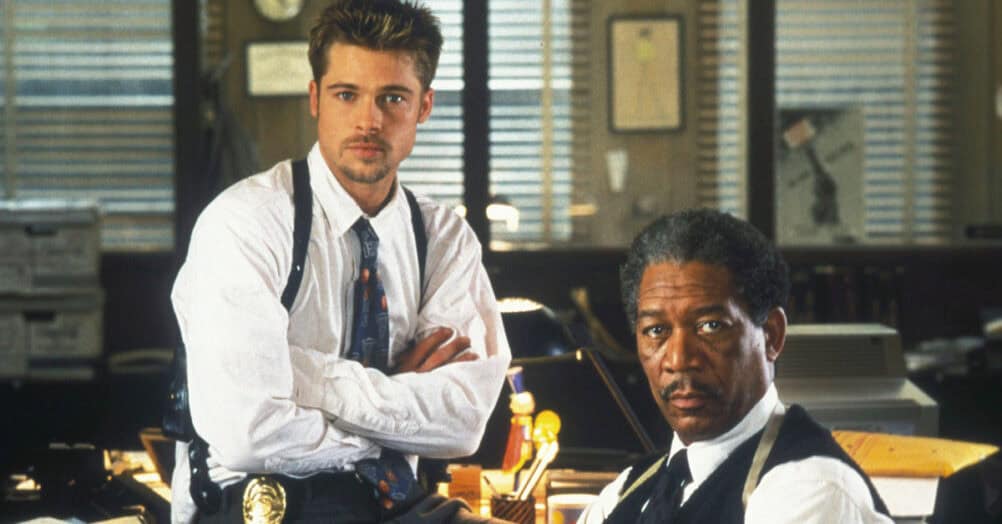


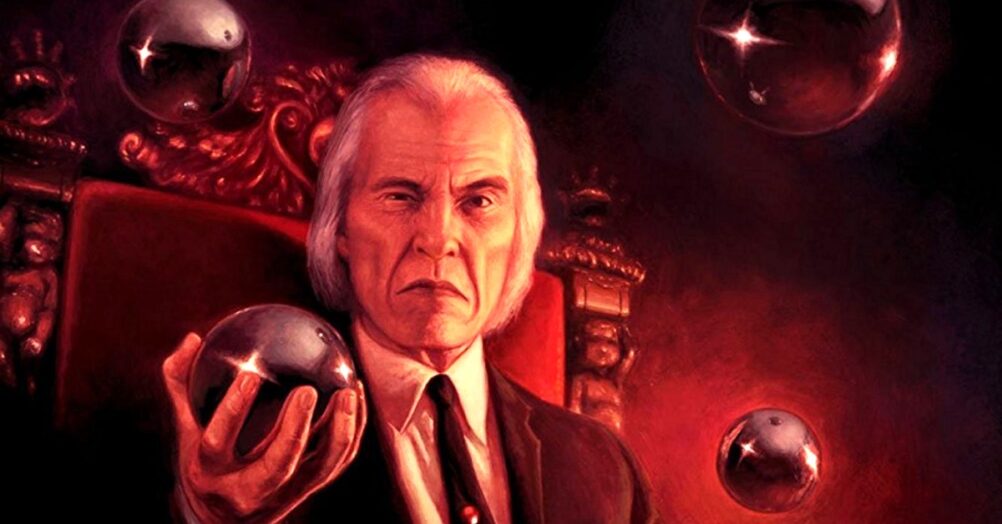


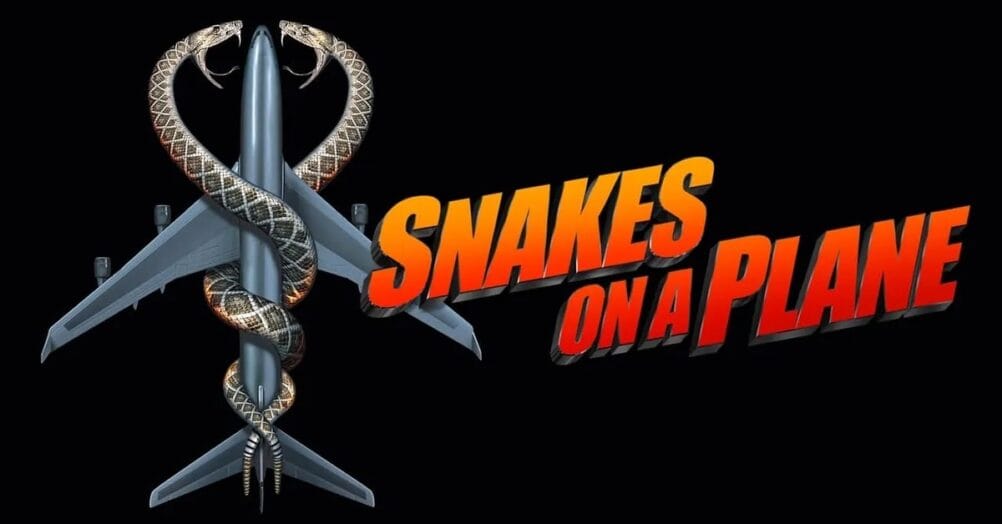
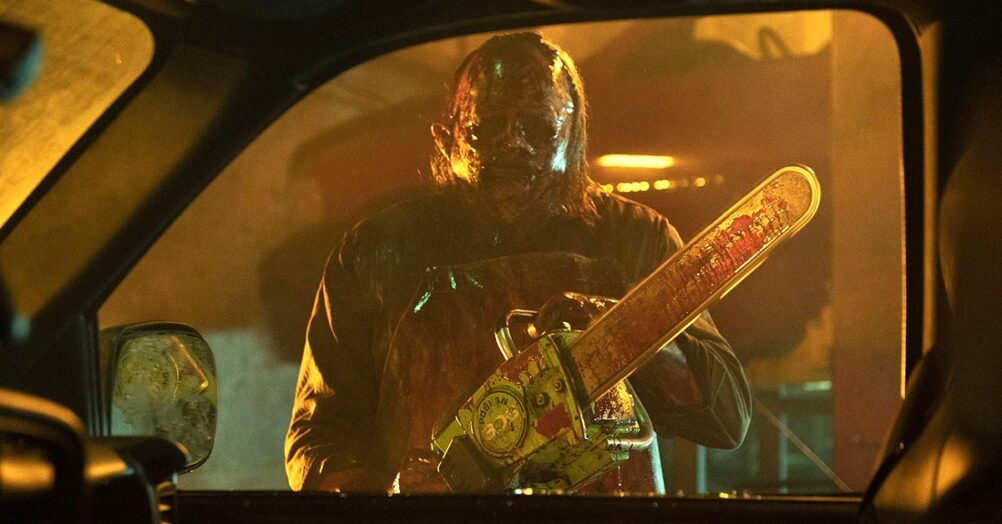
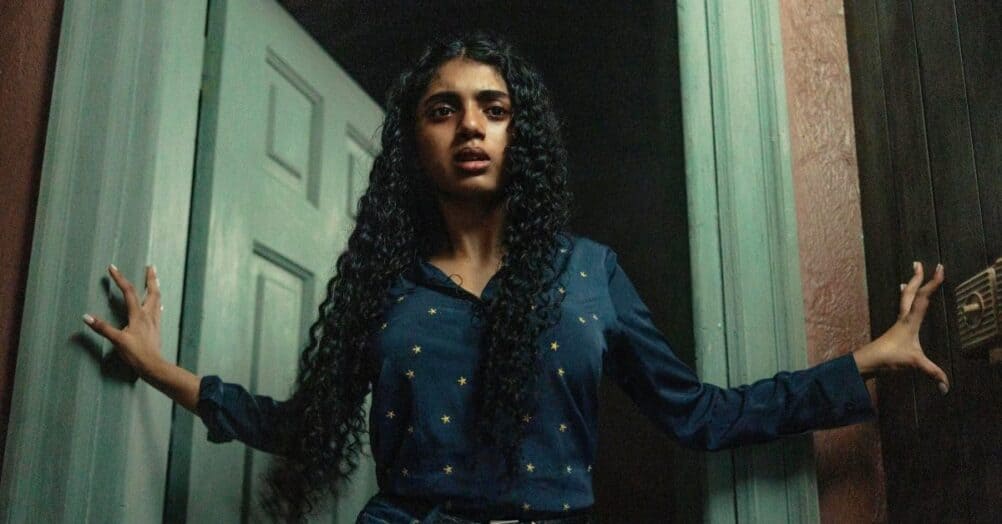
Follow the JOBLO MOVIE NETWORK
Follow us on YOUTUBE
Follow ARROW IN THE HEAD
Follow AITH on YOUTUBE